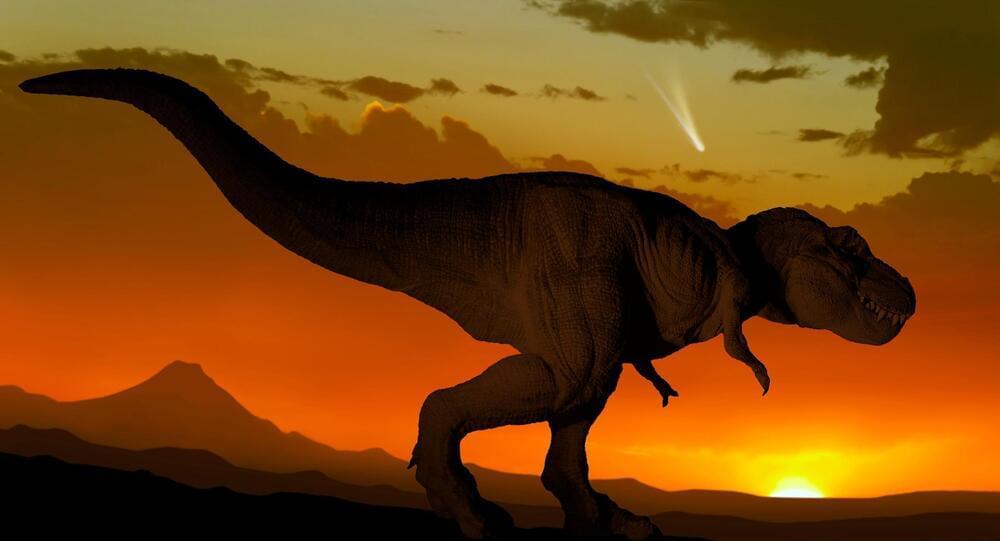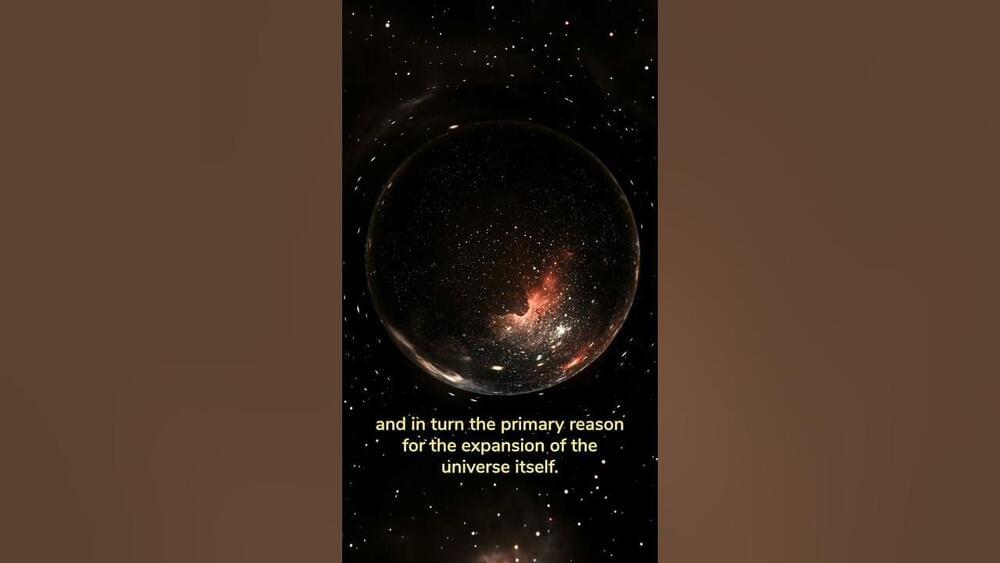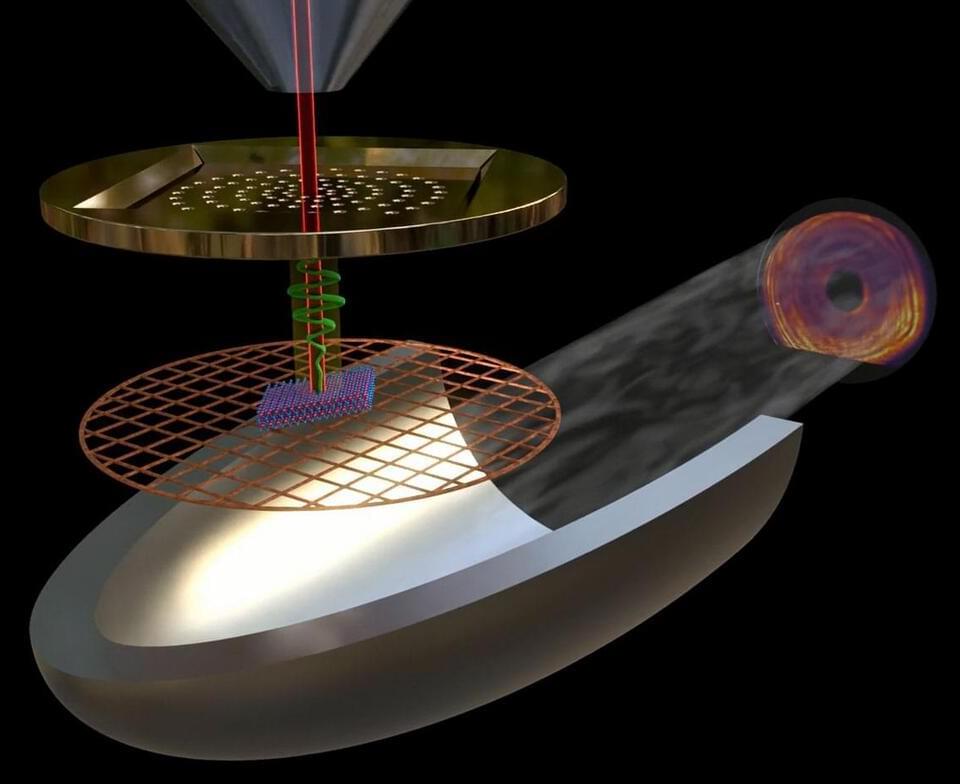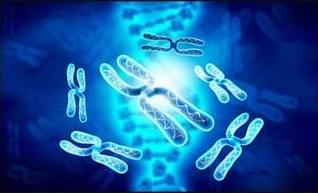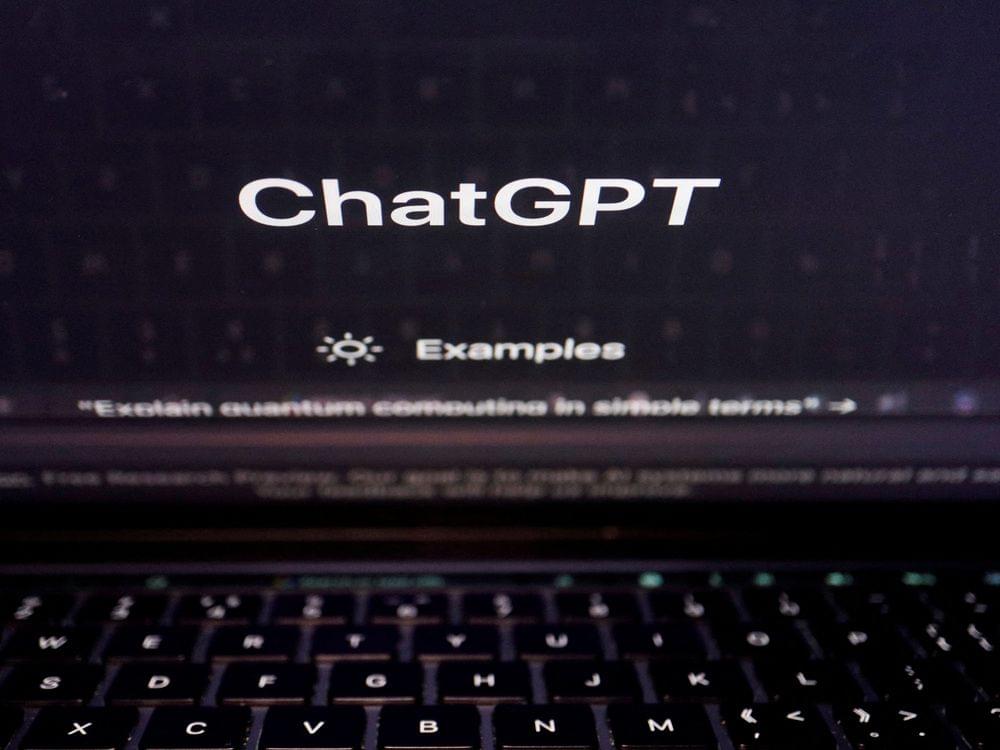Feb 26, 2023
US Energy Department assesses Covid-19 likely resulted from lab leak, furthering US intel divide over virus origin
Posted by Omuterema Akhahenda in category: biotech/medical
The US Department of Energy has assessed that the Covid-19 pandemic most likely came from a laboratory leak in China, according to a newly updated classified intelligence report.
Two sources said that the Department of Energy assessed in the intelligence report that it had “low confidence” the Covid-19 virus accidentally escaped from a lab in Wuhan.
Intelligence agencies can make assessments with either low, medium or high confidence. A low confidence assessment generally means that the information obtained is not reliable enough or too fragmented to make a more definitive analytic judgment or that there is not enough information available to draw a more robust conclusion.


